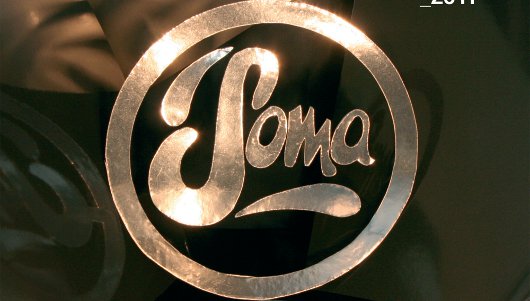Kenneth Christiansen’s label celebrates its tenth year in business without any fuss or the whiff of the understated marketing campaigns that underpin some of Echocord’s peers. Indeed, it is reasonable to say that the key to the Danish imprint’s longevity has been to focus on the deeper, dubbier side of techno, without worrying too much about what all around them are doing. Put simply, Echocord was releasing textured techno for the head and the floor before and after it was trendy to do so. Unsurprisingly, the Echocord Jubilee Compilation manages to capture these two spheres.
It opens with the ethereal, wistful “Tides” by Fluxion, which slides into the shantying “My Safe Harbour” by Quantec. By the time that Deadbeat’s contribution appears, the tempo has gradually gone up thanks to the Canadian’s trademark tribal drums and Onmutu Mechanicks’s contribution turns the mood slightly more menacing as “Calyx” marches to the beat of metallic drums and teems with foreboding chords. This being Echocord however, reflective and evocative sensibilities are never too far away, and Luke Hess’s “Kratos”, although based on clipped drums, boasts breathy, shimmering melodies. Christiansen also proves that he has a keen ear for potential crossover tracks, and Intrusion/Echospace producer Stephen Hitchell’s “Fox Convextion”, with its pulsing bassline and uplifting hooks, could propel this label into the spotlight that so many lesser, hype-driven labels occupy.
Richard Brophy









